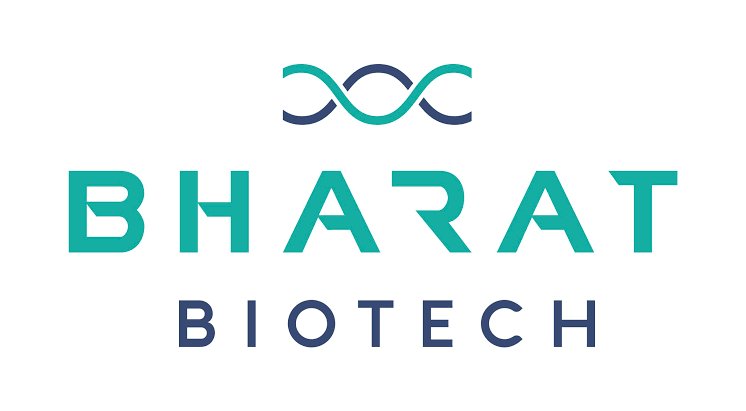Covaxin's Phase 3 Trial Data Looks Good, Says Chief Scientist As Bharat Biotech Awaits WHO Approval
For Printing Download Epaper from files section from bottom of this page

New Delhi : WHO Chief Scientist Dr Soumya Swaminathan on Thursday said data on Bharat Biotech’s vaccine Covaxin looks good. As Covaxin awaits WHO approval, Swaminathan said the pre-submission meeting was held on June 23 and the data packet is being assembled. The Phase-3 trial data looks good, they’ve looked at the variants too, she said in an interview to CNBC-TV18. “The overall efficacy is quite high. The vaccine efficacy against the Delta variant is low but it is still quite good," she said. The safety profile so far meets the WHO benchmarks, the scientist said. “We keep a close eye on all vaccines which have received emergency use listing. We continue to seek more data," she said. Swaminathan said most parts of the world, except the Americas, have seen an uptick in COVID-19 cases and there has been no reduction in the number of deaths. Swaminathan suggested primary vaccination of at least 60-70 per cent of the population in India. She said India could take inspiration from countries like UK, that are planning booster shots, and learn from them. However, the WHO will not be recommending booster shots anytime soon, she clarified. The focus should remain on widening the scope of primary vaccinations.
Africa has witnessed a rise in the number of deaths. One of the reasons behind the spike, Swaminathan said was the spread of the Delta variant of the SARS-COV-2, which was first detected in India. Explaining further, she said if the original strain could infect three people, the Delta variant can infect 6-8. Swaminathan said the increase in social mixing and relaxation of public health measures are also the reasons behind the rise in coronavirus infections and deaths across the globe. She further pointed at the low rate of vaccination, which leaves many people susceptible to infection. The chief scientist said that the world could witness surge in cases again as the virus mutates further. The existing mutations are also seeing variants, she said. Swaminathan said there was a need to collect more data and evidence on the variants, for which, a global collaboration for sequencing and research is required. Stressing on the need to maintain social distancing and continue wearing masks, she said even if 70 per cent of the population is vaccinated, still a 30 per cent remains vulnerable and at this stage of the pandemic, vaccines alone are not enough. Further, the government needs to continue with the testing and tracking.

 Active Times
Active Times 

















